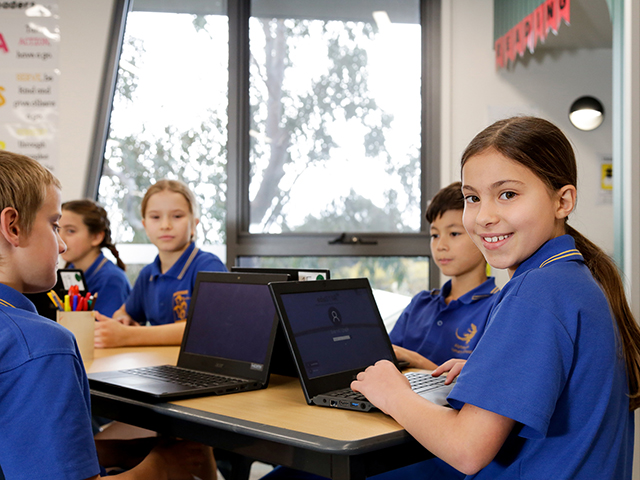Parental Involvement in Education

In today’s rapidly evolving educational landscape, the importance of parental involvement in their child’s education cannot be overstated. Numerous studies have consistently shown that when parents actively engage in their children’s learning journey, the outcomes are overwhelmingly positive. From enhanced academic performance and increased motivation to improved behavior and overall well-being, parental involvement sets the stage for a child’s success. In this blog post, we will explore the multifaceted benefits of parental involvement, discuss effective strategies for engagement, and highlight the significance of building strong partnerships between parents and educators.
Establishing a Foundation for Lifelong Learning
Parental involvement serves as a foundation for a child’s lifelong love for learning. When parents show an active interest in their child’s education, it sends a powerful message that education is important and valuable. By engaging in regular conversations about school, assisting with homework, and encouraging curiosity, parents foster an environment that promotes intellectual growth and critical thinking skills. This involvement extends beyond academic pursuits, as parents can also cultivate a love for reading, visit museums or cultural sites, and support extracurricular activities that complement classroom learning. Such experiences enhance a child’s holistic development and open doors to a broader understanding of the world.
Enhanced Academic Performance
Extensive research indicates that parental involvement significantly contributes to improved academic performance. When parents take an active role in their child’s education, students are more likely to have better attendance, higher grades, and increased motivation. Regular communication with teachers allows parents to understand their child’s strengths, weaknesses, and learning styles, enabling them to provide tailored support and resources. Additionally, parents who engage in their child’s academic progress are better equipped to identify early signs of learning difficulties and address them promptly, preventing potential setbacks. By forming a strong partnership with educators, parents can collaborate to create a supportive learning environment that maximizes a child’s potential.
Fostering Positive Behavior and Well-being
Parental involvement also plays a critical role in shaping a child’s behavior and overall well-being. When parents are actively engaged in their child’s education, they provide guidance, structure, and consistent reinforcement of positive values and behaviors. By monitoring and setting clear expectations, parents help establish a sense of accountability and responsibility. Furthermore, parental involvement promotes healthy emotional development, as children feel supported, valued, and secure in their educational journey. Research shows that students with involved parents exhibit better social skills, increased self-esteem, and a reduced likelihood of engaging in risky behaviors. Through open communication channels and regular interaction, parents can address any concerns promptly, fostering a nurturing environment where children thrive academically and emotionally.

Strategies for Effective Parental Involvement
To maximize the benefits of parental involvement, it is essential to employ effective strategies. Regular communication between parents and teachers is vital, whether through parent-teacher conferences, emails, or dedicated online platforms. This allows for a shared understanding of a child’s progress and facilitates collaboration in addressing academic or behavioral challenges. Additionally, parents can volunteer at school events, participate in parent organizations, or join committees to actively contribute to the school community. Supporting homework completion, establishing routines, and designating a dedicated study space at home also reinforce the value of education. Embracing cultural diversity and involving parents from different backgrounds creates an inclusive atmosphere where all families feel welcome and valued.
Conclusion
Parental involvement is a cornerstone of a child’s educational success. It fosters a love for learning, enhances academic performance, nurtures positive behavior, and promotes overall well-being. When parents and educators form strong partnerships, children receive the necessary support, encouragement, and guidance to flourish. Please check out this site to get more important tips and information.




